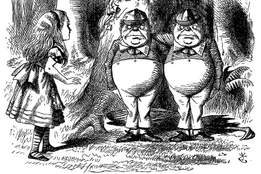hydrangea
noun
hy·dran·gea
hī-ˈdrān-jə 

: any of a genus (Hydrangea) of mostly shrubs having opposite leaves and showy clusters of usually sterile white, pink, or bluish flowers that is either placed in the saxifrage family or the hydrangea family (Hydrangeaceae)
Love words? Need even more definitions?
Merriam-Webster unabridged









Share